Exercise and Kidney Stones
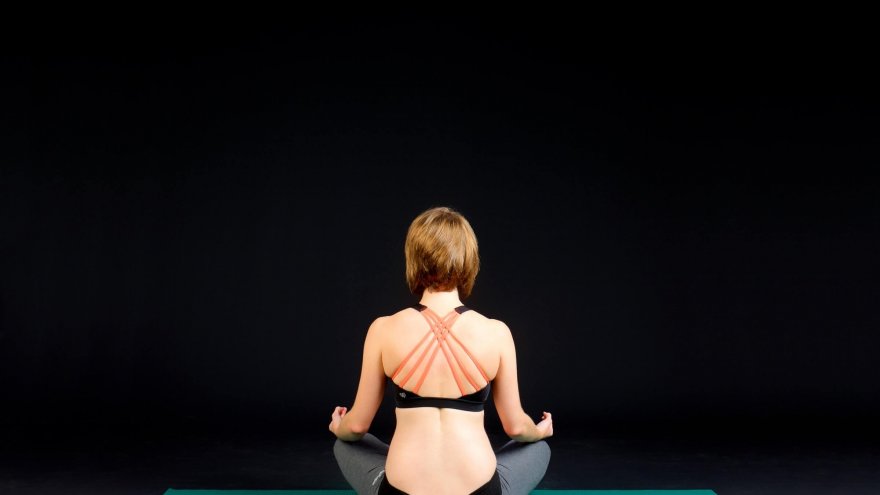
If you have had kidney stones or perhaps someone you know has experienced an episode, you are acutely aware of the disruptions they can cause to daily activities along with exercise programs. Not only are they excruciatingly painful but they can also lead to the development of chronic kidney disease. Unfortunately, one in ten people is affected by kidney stones with them being more prevalent in men than women.
Additional risk factors in developing kidney stones include family history, obesity, high blood pressure, lifestyle and nutritional factors, as in too much exercising or not at all, not drinking enough water, and/or eating foods with too much salt or sugar. And if one isn’t enough, more than half of the people who have suffered through having kidney stones will have a recurrent episode within the next 5-10 years following the first episode. On a positive note, there has been a recent study that found women who exercise have up to a 31 percent lower risk of kidney stones. Thus, prevention is the most successful strategy is fighting off kidney stones.
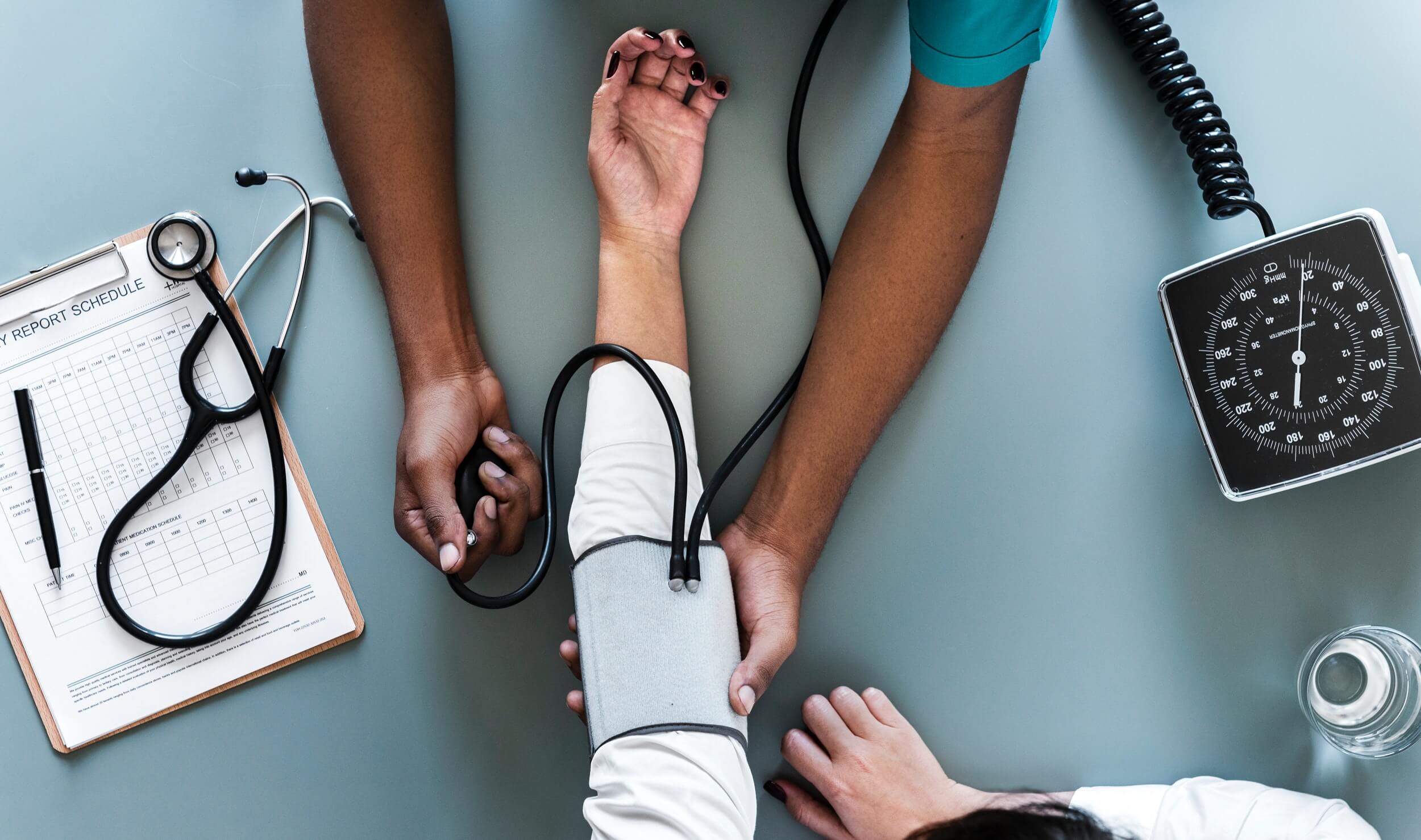
What exactly are kidney stones?
Kidney stones are small crystals that develop when there are too high of concentrations of certain substances like calcium, oxalate and uric acid, that can be found in the urine due to a lack of fluid; ie not drinking enough water which would typically dilute these substances.
Once the crystallization forms the problems of pain, nausea, vomiting, frequent urination can possibly start as the stones make their way through the process of removal from the body. Depending on their size, some stones may be too small to detect and pass without knowledge, but if the stone is bigger it can cause a blockage anywhere within the urinary tract. Starting in the kidneys, kidney stones make their way towards the ureter and if the stones continue, they will make their way to the bladder and finally the urethra. This period of passing can take weeks to months with most passing on their own but some could require further medical intervention if there is a blockage.
The following are signs and symptoms that may be present with kidney stones:
- Severe abdominal, flank, low back and/or groin pain
- Fever and chills
- Nausea and/or vomiting
- Urine that smells, is cloudy or has blood in it
*If you experience any of these symptoms, it is best to seek medical advice.
This may all seem overwhelming and worrisome, but there is good news. Lifestyle and nutritional changes can help reduce your risk of developing kidney stones.
Ways to minimize your risk of developing kidney stones:
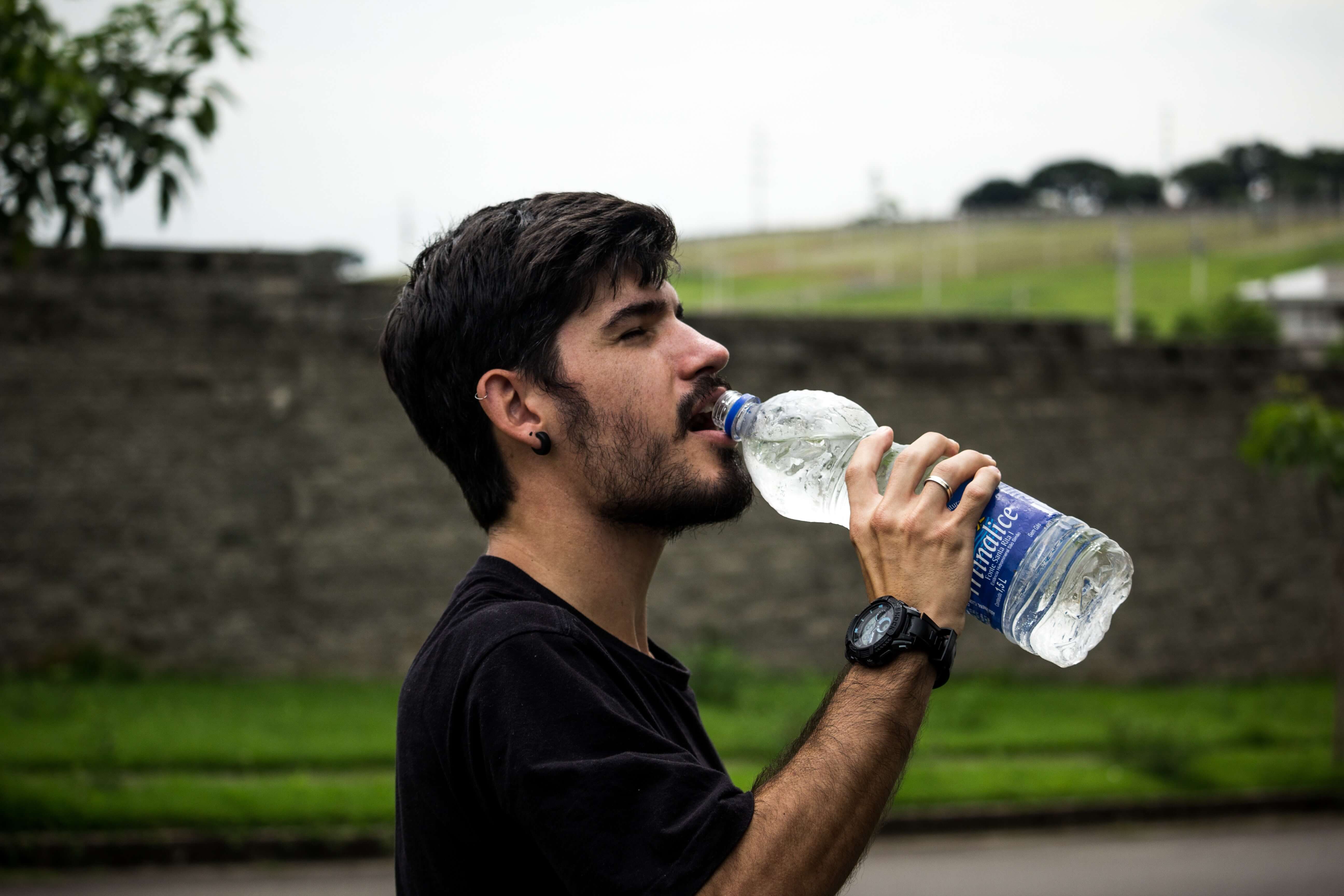
1. Drink Water
Not drinking enough water is the largest risk factor for developing kidney stones. The National Kidney Foundation (NKF) suggests drinking 2 liters of water daily. This should result in 2 to 2.5 liters of urine being released, which is a 2015 meta-analysis the NKF found 50% of people who produce this amount of urine will have 50% less likely chance of developing kidney stones than those who produce less than this amount. Also, keeping an eye on the color of your urine, which should be a very light, pale yellow, will help you to determine your level of hydration. But, be sure to bear in mind that multivitamins and Vitamin B2 supplements may alter the urine color making it difficult to manage by vision. If you are an individual who is exercising and/or living in warm climates, it is essential to increase your water intake, more so than previously suggested.
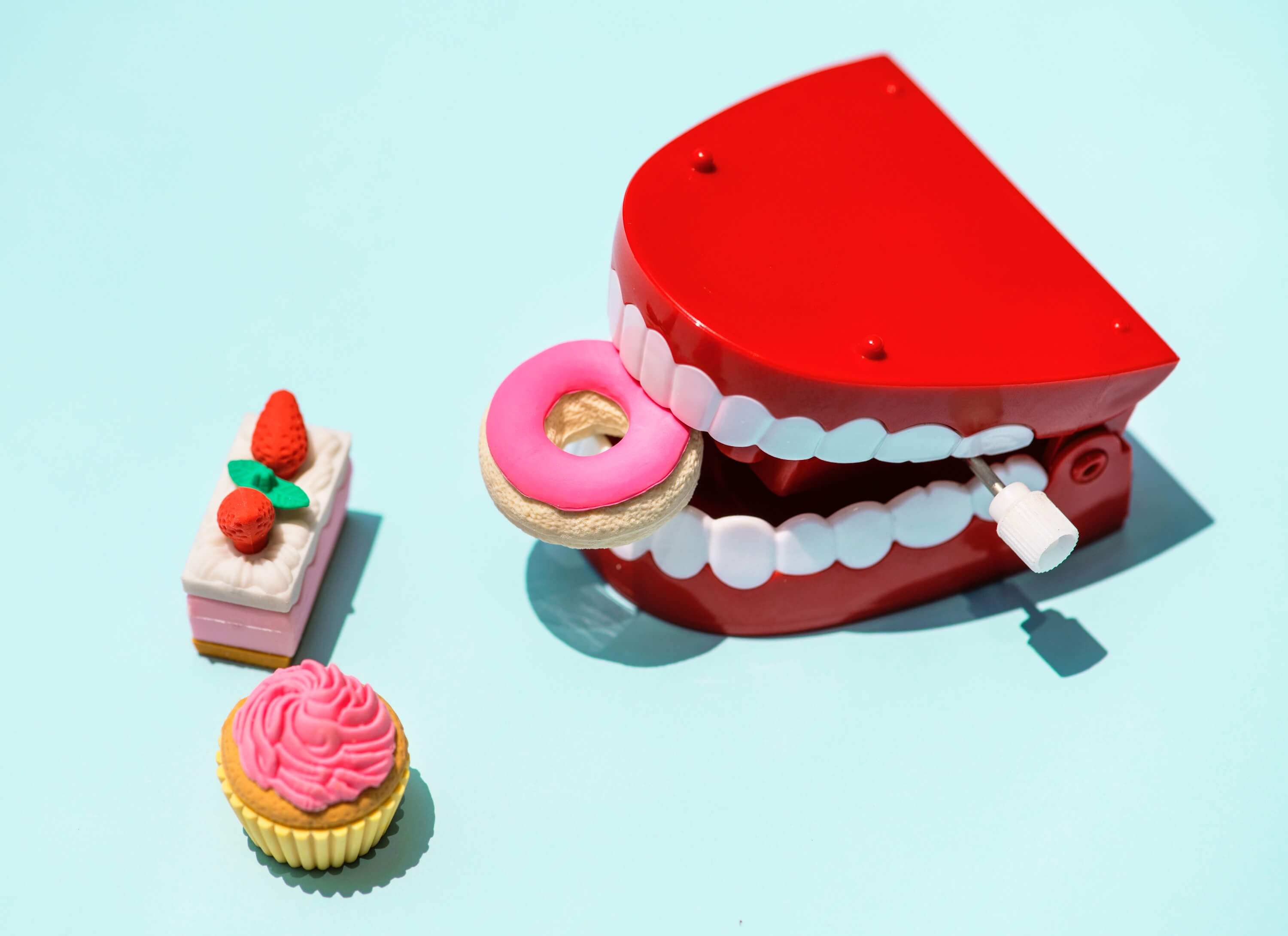
2. Reduce fructose, sodium & animal based proteins
Managing your diet is essential in helping to reduce levels of calcium, oxalate and uric acid. The NKF has found a correlation of eating too much fructose with an increased risk of developing kidney stones as it can disrupt calcium absorption and for some individuals, fructose may metabolize into oxalate. Too much sodium can produce too much calcium while animal-based protein can increase uric acid levels.
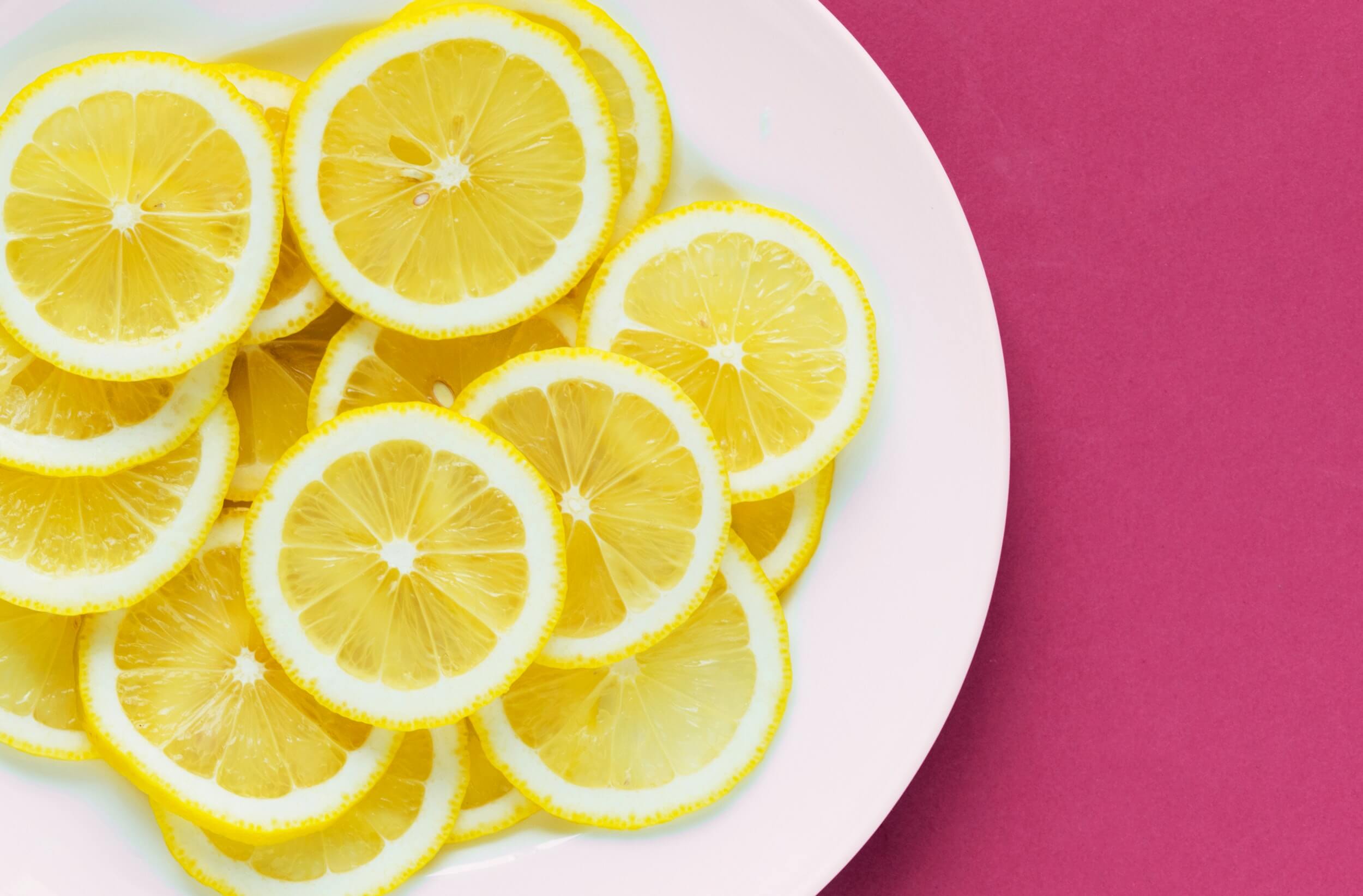
3. Increase citrus fruits, Magnesium & Calcium-rich foods
Citrus fruits contain Citrate, a salt in citric acid, which binds with calcium which aids in blocking stone formation. Magnesium functions to help prevent kidney stones by reducing the ability of calcium to combine with oxalate. Calcium from food sources (not supplements, as they can actually increase your risk of forming kidney stones) has been found to help reduce oxalate levels by binding the oxalate to the food within your intestines and exit through waste as opposed to being absorbed by the body and later passing through to the kidneys.

4. Exercise
Kidney stones are more likely to develop when one is sedentary. A person who lacks exercise allows his bones to release excess calcium. Exercise is also an excellent protocol to help reduce high blood pressure, an additional risk in forming kidney stones.
What’s the deal with exercise and dealing with a current episode of kidney stones?
Listening to your body will dictate what you can typically tolerate in regards to activity level. Times to avoid exercise would be when you are experiencing pain in the abdomen or low back and/or vomiting. If the pain is under control and being managed with diet and a medical team, who okays you to continue working out, there should be no reason to not continue with living life as close to normal as possible including your exercise regime. Exercise may even be helpful in naturally moving the stones and possibly decreasing the length of time of the episode. Alternatively, you can always reduce the level of intensity of your workout routine to include walking, biking, or yoga if you just are not feeling up to higher impact sports like running, or if you are not simply feeling yourself.
Sources
- , Activity, Energy Intake, Obesity, and the Risk of Incident Kidney Stones in Postmenopausal Women, report
- , Kidney Stones, informational
Latest Articles
 Is Running on a Treadmill Easier Than Running Outside?Runners have their own preferences, whether it is treadmill running, running outside on the road, or exploring trails. So...
Is Running on a Treadmill Easier Than Running Outside?Runners have their own preferences, whether it is treadmill running, running outside on the road, or exploring trails. So... Is It OK to Use Trail Running Shoes on the Road?While trail running shoes can be used on roads, especially in situations where a runner encounters mixed terrains or pref...
Is It OK to Use Trail Running Shoes on the Road?While trail running shoes can be used on roads, especially in situations where a runner encounters mixed terrains or pref... How to Fix Sore Quads After Running?Rest, ice, gentle stretching, and over-the-counter pain relievers can help soothe sore quads after running. Also, ensure ...
How to Fix Sore Quads After Running?Rest, ice, gentle stretching, and over-the-counter pain relievers can help soothe sore quads after running. Also, ensure ... 10 Fruits With The Most Electrolytes to Replace Sports DrinksThese fruits are high in electrolytes such as potassium, magnesium, and calcium, essential for hydration, muscle function...
10 Fruits With The Most Electrolytes to Replace Sports DrinksThese fruits are high in electrolytes such as potassium, magnesium, and calcium, essential for hydration, muscle function...

